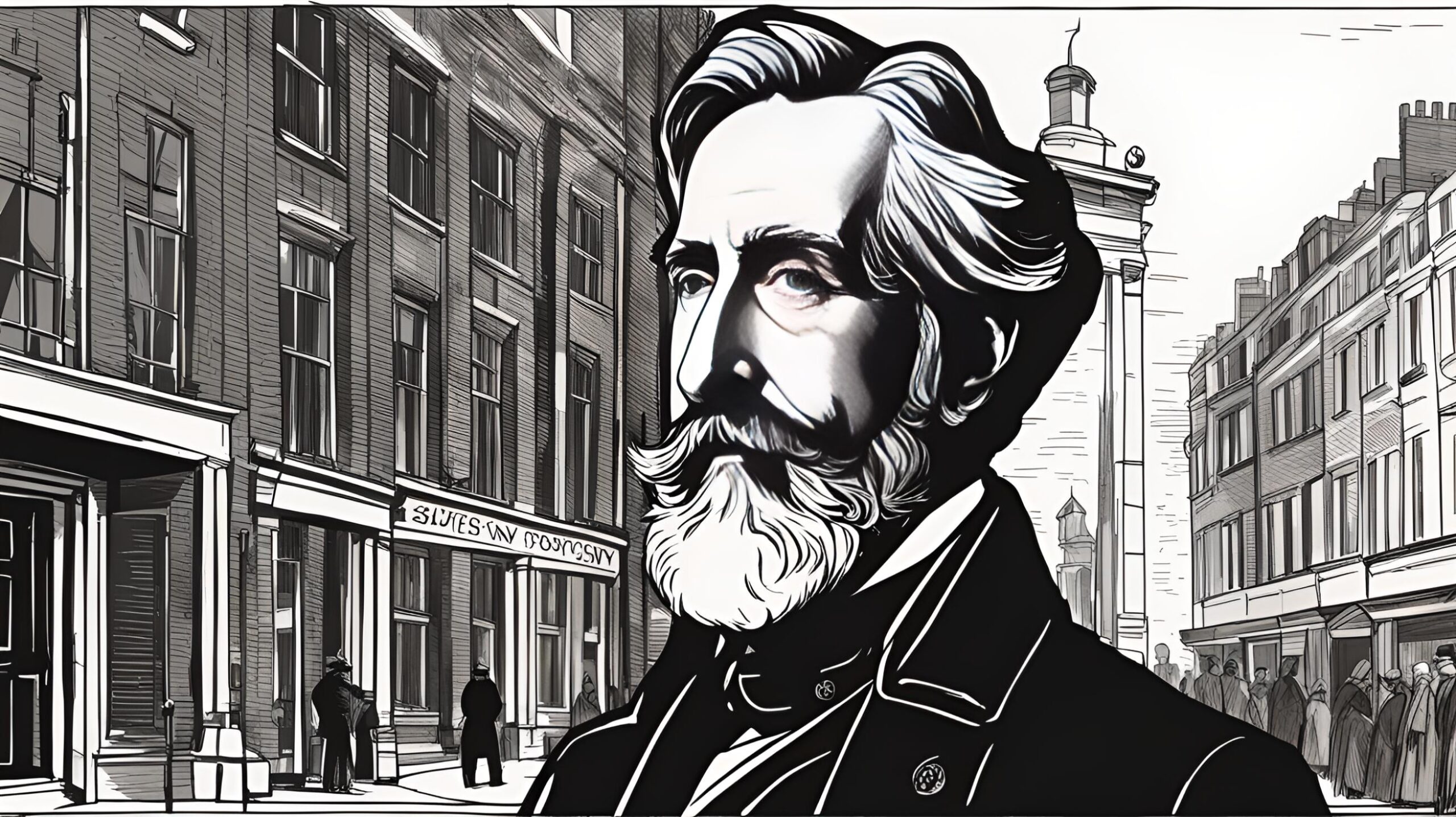Flashback to July 5
American History

On February 6, 1804, the world lost a remarkable individual who made significant contributions to various fields of study. Joseph Priestley, an English theologian, philosopher, and chemist, passed away at the age of 70. His accomplishments and discoveries have left an indelible mark on the fields of science and philosophy, making him an influential figure in the 18th century.
Joseph Priestley was born on March 13, 1733, in Fieldhead, Yorkshire, England. From an early age, he showed great intellectual promise and a curiosity for the world around him. After receiving a formal education, Priestley embarked on a journey to explore theology and pursued ordination as a minister in the Church of England.
While working as a minister, Priestley’s interest in natural philosophy grew. He began conducting scientific experiments and making groundbreaking discoveries in the field of chemistry. Priestley’s most famous achievement was the discovery of oxygen in 1774. Through his experiments with different gases, he demonstrated that oxygen supports combustion and is essential for sustaining life. This groundbreaking discovery laid the foundation for the modern understanding of gases and their role in chemical reactions.
In addition to his work in chemistry, Priestley made substantial contributions to philosophy. He was a staunch advocate for utilitarianism, a moral theory that promotes actions that maximize happiness and minimize suffering. His philosophical views were strongly influenced by his religious beliefs, and he sought to bridge the gap between science and religion.
Priestley’s progressive views made him a controversial figure in his time. He openly criticized the established Church, defended the rights of dissenters, and supported democratic reforms. His staunch opposition to the monarchy and support for the American and French Revolutions earned him both praise and criticism.
In 1791, Priestley moved to the United States, seeking a safer environment for his radical views. He settled in Pennsylvania, where he continued his scientific and philosophical pursuits. Priestley’s influence in the United States was significant, and he played a pivotal role in the development of American Unitarianism.
Throughout his life, Joseph Priestley authored numerous books and scientific papers, further establishing his reputation as a polymath. His works covered a wide range of topics, including chemistry, history, theology, and politics. He believed in the importance of disseminating knowledge to the general public and engaging in intellectual discourse to further human understanding.
Joseph Priestley’s death on February 6, 1804, marked the end of a remarkable era in science and philosophy. His contributions revolutionized our understanding of chemistry, and his progressive views challenged the socio-political norms of his time. Although he faced opposition and controversy, his legacy continues to inspire scholars and scientists today.
Joseph Priestley was a multifaceted thinker whose intellectual pursuits in science, philosophy, and theology left an enduring impact on society. His discovery of oxygen and his promotion of utilitarianism cemented his place in the annals of scientific and philosophical history. While his progressive views made him a controversial figure, his dedication to knowledge and his relentless pursuit of truth continue to inspire generations of thinkers. Joseph Priestley’s legacy serves as a testament to the power of curiosity and the importance of questioning established norms.
We strive for accuracy. If you see something that doesn't look right, click here to contact us!
Sponsored Content

William Booth founded Salvation…
"On July 5, 1865,…

Engagement at Carthage, Missouri.
The Engagement at Carthage,…

C Jackson discovers asteroids…
On July 5, 1937,…

Committee of 9 appointed…
On July 5, 1843,…

William Shockley invents the…
On July 5, 1951,…

President Franklin Roosevelt signs…
On July 5, 1935,…

